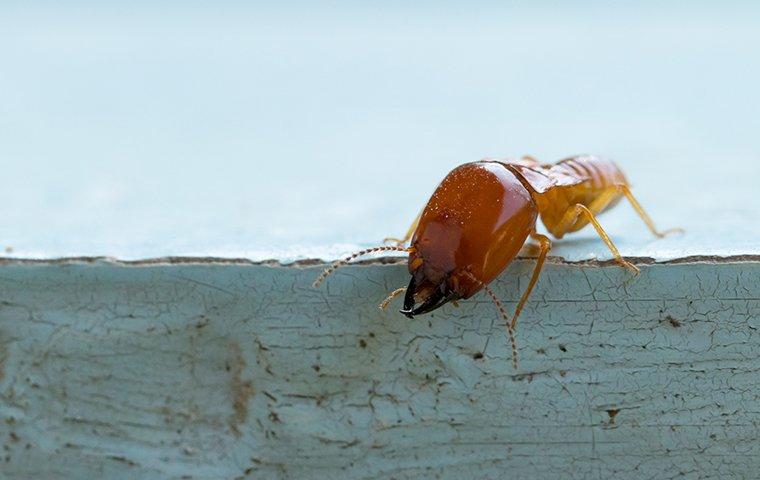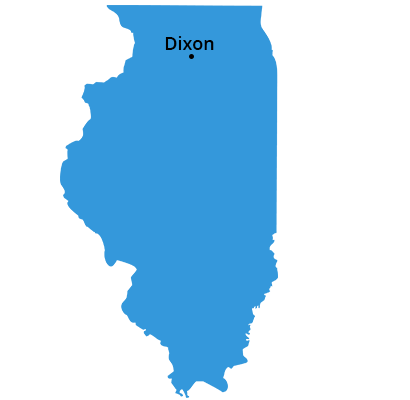To most of us, spring means new beginnings and warm weather. However, to our homes, spring marks the beginning of a battle against pests like termites which make Pest Control In St. Charles a must.

What Do Termites Look Like?
Although there are over 40 different species of termites in the United States, the species most prevalent in the St. Charles area is the subterranean termite. When trying to figure out if your home may have termite activity, termite identification is very important. Subterranean termites are creamy-white to dark brown or black in color. Their narrow, oval bodies measure about an eighth of an inch long. They have six legs and one set of antennae.
Subterranean termites need a high supply of moisture in order to survive. To achieve this, they build their nests below ground, where it is moist and dark. Subterranean termites only leave their underground homes to eat and mate. To leave their nests without risking too much exposure to dry air and sunlight, subterranean termites travel within mud tubes. Mud tubes are tunnels created from a mixture of wood, soil, and termite saliva. These tubes will often lead from the termite nest to their food source.
How Quickly Can Termites Destroy My House?
Subterranean termites receive their nourishment by eating wood and other plant cellulose material. They do not distinguish between wood found in nature and the wood found within your St. Charles home. They live within large colonies and can reproduce quickly, with a single queen laying up to 1,000 termite eggs per day! These large numbers allow termites to inflict damage on your home at record speed. In fact, subterranean termites are known to be the most damaging species of termite within the United States. They create intricate mazes in wood as they chew through it, weakening the strength of your home.
A subterranean termite infestation can take place on the exterior or interior of your home, as termites may choose to infest trees on your property, decking, landscaping wood, furniture, or the wood framing that holds your house together. Subterranean termites tend to be attracted to wood that has been left untreated or wood that has water damage. However, once finished eating through exposed wood, they often move to good quality hardwood as well.
Subterranean termites swarm in the spring, usually after a warm rain. Seeing a termite swarm around your property is a sure sign that you have a termite problem on your hands. Other signs to look out for include sagging walls, buckling floors, and bubbling paint.
How Can I Naturally Prevent Termites Around My Home?
Ideally, homeowners want to prevent termites from being attracted to their property to avoid the stress of termite removal. Some natural methods to prevent termites around your St. Charles home include, but are not limited to:
- Divert water away from your property with proper drainage and gutters.
- Ventilate seldom used spaces, like attics and basements.
- Do not let the wooden portions of your home have direct contact with soil.
- Do not leave woodpiles close to the home and do not leave them in your yard.
Despite your best efforts to prevent a termite problem, you still may find yourself dealing with an infestation. In the end, the best way to protect your home is by partnering with pest control experts to fully resolve the problem.
What's The Most Effective Termite Protection For My House?
If you are already battling an active infestation, the best way to get rid of house termites is to work with a professional. Pest control in St. Charles is made a lot easier with experts in the field like Pest Control Consultants. Pest Control Consultants is a third-generation family-owned business that you can trust. We offer a wide variety of treatment plans for all of your pest control needs. To get the job done right, give Pest Control Consultants a call today!
 Customer Reviews
Customer Reviews
